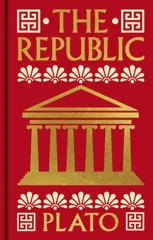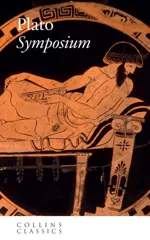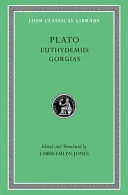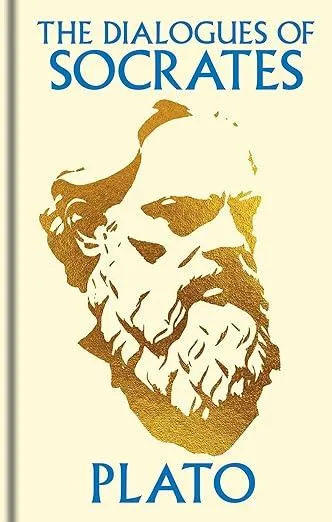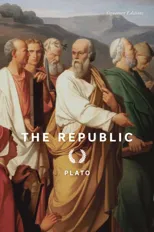Laws
(Author) PlatoExplore the foundations of political philosophy and jurisprudence with Plato's "Laws," a seminal work exploring the ideal state and the principles of governance. Delving into the intricacies of law, justice, and the structure of government, this dialogue presents Plato's vision for a well-ordered society in ancient Greece. "Laws" offers timeless insights into the relationship between the individual and the state, examining the crucial role of legislation in shaping civic life. A cornerstone of political thought, this book remains essential reading for anyone seeking to understand the enduring questions surrounding law, authority, and the pursuit of a just society. This meticulously prepared print edition makes Plato's classic accessible to all interested in the foundations of political science and the enduring quest for the perfect state. This work has been selected by scholars as being culturally important, and is part of the knowledge base of civilization as we know it. This work is in the public domain in the United States of America, and possibly other nations. Within the United States, you may freely copy and distribute this work, as no entity (individual or corporate) has a copyright on the body of the work. Scholars believe, and we concur, that this work is important enough to be preserved, reproduced, and made generally available to the public. We appreciate your support of the preservation process, and thank you for being an important part of keeping this knowledge alive and relevant.
Plato
Plato was an ancient Greek philosopher and the founder of the Academy in Athens, the first institution of higher learning in the Western world. His most notable works include "The Republic," "Symposium," and "Phaedo." Plato's dialogues are written in the form of conversations between Socrates and other characters, exploring themes such as ethics, politics, and metaphysics.
Plato's influence on literature is profound, as his philosophical ideas have inspired countless writers and thinkers throughout history. His most famous work, "The Republic," is a seminal text in political philosophy and has had a lasting impact on the genre. Plato's literary style is characterized by its use of dialogue, dialectic, and allegory, making his works both engaging and thought-provoking.

